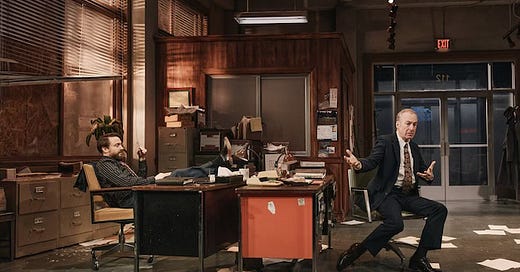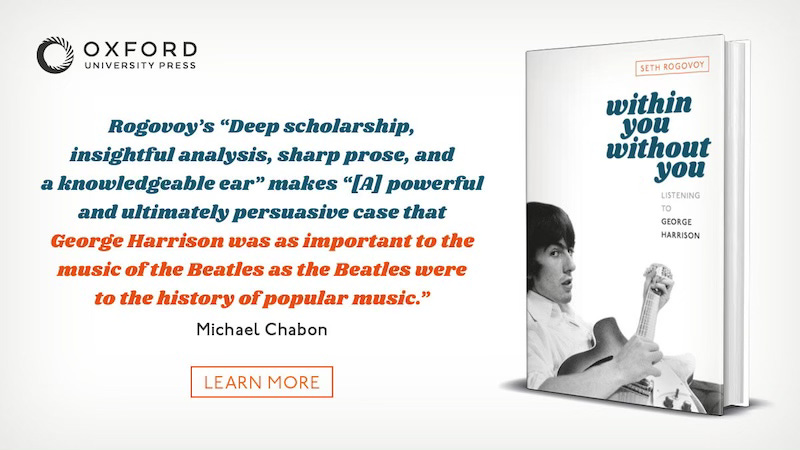Mamet, Shepard, Bogosian
A month of play-going in New York City affirms the enduring power of this trio of late-20th century American playwrights
IN THE PAST MONTH OR TWO, I’ve seen several plays in New York City – Glengarry Glen Ross by David Mamet; Curse of the Starving Class by Sam Shepard; and Humpty Dumpty by Eric Bogosian. The first two were revivals of well-known plays by giants of late-20th century American drama; the third, though written in 2003, is not a revival, as it was receiving its first staging in Manhattan.
THE SHEPARD DEBUTED IN LONDON in 1977; the Mamet dates back to 1983; the Bogosian, as noted, to 2003. The three plays, each in its own way, are all critiques of capitalism. Glengarry Glen Ross – which garnered a Pulitzer Prize for Mamet -- is probably the best known, as the movie version starred Al Pacino, joined by a stunning cast including Jack Lemmon, Ed Harris, Alec Baldwin, Alan Arkin, Kevin Spacey, and Jonathan Pryce. The drama recounts two days in the life of a rapidly failing, low-rent real estate firm, one which time has passed by and at which the salesmen are reduced to trying to hoodwink unsophisticated buyers into purchasing undevelopable parcels of land in Florida. While Curse of the Starving Class is focused mostly on a middle-American dysfunctional family facing financial (and emotional) ruin, it also features a subplot about attempts to sell their homestead and buy another piece of land.
While Shepard’s and Mamet’s plays may be tied together thematically, they are far different stylistically, which comes as no surprise, as Shepard and Mamet are both known for their highly idiosyncratic writing styles. Mamet’s characters fire shots at each other with verbal violence, fueled by all the words you are (and even were then) not supposed to say in polite company. As in other Mamet plays, including another anticapitalist screed, American Buffalo, the “dirty” language takes on its own kind of beauty and expressiveness, even as the characters one by one are dispelled of the illusions they have willingly perpetuated until now, with the realization that they are all a dying breed and that the so-called American Dream has and forever will evade their grasp.
THE CURRENT REVIVAL OF GLENGARRY has featured a celebrity cast including Bob Odenkirk, Michael McKean, Bill Burr, and Kieran Culkin, this last fresh off his award-winning, triumphant stints in the movie A Real Pain and the TV series Succession. While Culkin is no Pacino, he acquits himself just fine, and I thought he discovered some previously unrevealed nuances in the character of Ricky Roma. The rest of the cast was equally up to the task, the greatest disappointment not being the acting or the production, but the choice of venue – the Palace Theatre, built as a vaudeville house in 1913, converted to a movie theater in the 1930s, after which it was intermittently used as a Broadway theater. Though beautiful to look at, today the theater suffers from being too big and too steep, sometimes making it difficult to hear (and see) the actors, and just generally presenting a challenge for modern-day theatergoers grown accustomed to more leg room and better sight lines.
The recent Curse of the Starving Class, by contrast, was staged at the Signature Theatre, an off-Broadway house with none of the deficiencies of the Palace: it is a relatively intimate theater with terrific sight lines and plenty of legroom. It had its own version of an all-star cast, featuring Calista Flockhart, Christian Slater, and Cooper Hoffman. A refrigerator, though inert, also plays a significant supporting role in a play that takes place pretty much entirely within the confines of a kitchen. While Curse and Glengarry may share some themes and ideas, the language is utterly different. Whereas Mamet’s style is all staccato, where words are a substitute for bullets, Shepard’s style in Curse, as in much of his work, is a kind of modern lyricism. Lush at times, imaginative, with characters speaking in extended monologues that are somewhat out of character, Shepard’s writing here is an awesome thing of beauty.
BOGOSIAN IS BEST KNOWN FOR his monologues and one-man shows (Talk Radio, subUrbia) as well as for his acting in TV and movies, with recent roles in prestige TV dramas Billions and Succession. His play Humpty Dumpty is not one of his best known, and perhaps for good reason. At its best, it is a creative mashup of Chekhov and Sam Peckinpah’s Straw Dogs. Staged at the totally-off-the-beaten-path Chain Theatre – a charming, intimate room – the play features four friends who rent a cabin in upstate New York, wanting – for at least a few days – to get away from it all. They get more than they bargained for. The drama is a bit schematic and predictable, but even in his lesser efforts Bogosian knows what he is doing, and the talented crew does a fine job of drawing you in and making you care about these mostly selfish, self-important creatives from New York City and Los Angeles. The satire cuts deep, and Bogosian is an acute social critic in all of his work, including here.
Besides the obvious anticapitalist theme running through all three of these plays, they also celebrate great writing, and in particular, great playwriting. None of these were critically acclaimed productions, but to me, they were Exhibit A of the ability of sharp writing to almost actor-proof a play. The Shepard and Mamet captured those playwrights at the height of their significant powers, combining seamless drama with perennial concerns about how the American Dream is the opposite coin of an American nightmare. Bogosian’s too, was a valiant attempt along these same lines.
It was a great month of playgoing, and one that made a strong case for the great American playwrights of the 1970s, ‘80s, and ‘90s to now be revived and explored in the same manner theater companies once (and in many cases, still do) repeatedly return to Tennessee Williams, Arthur Miller, and Eugene O’Neill. Give me Shepard, Mamet, Bogosian – and throw in Harold Pinter while you’re at it – and I will be there, front and center, to enjoy their urgent writing, their work that forty and fifty years out still resonates as if it were written just yesterday.
In solidarity,
“Well, I don’t want to go on the roof.” -- George Harrison
Hey, did you like this edition of Everything Is Broken? If so, please consider clicking on the “LIKE” button at the very end of this message. It matters to the gods of Substack.
Roll Call: Founding Members
Anne Fredericks
Anonymous (9)
Susan Bang
Erik Bruun
Jane & Andy Cohen
Jeffrey N. Cohen
Nadine Habousha Cohen
Fred Collins
Ian Feldman
Fluffforager
Benno Friedman
Amy and Howard Friedner
Jackie and Larry Horn
Richard Koplin
Paul Paradiso
Steve and Helice Picheny
David Rubman
Spencertown Academy Arts Center
Elisa Spungen and Rob Bildner/Berkshires Farm Table Cookbook
Julie Abraham Stone
Mary Herr Tally
Daniel Wollman and Debra Pollack





